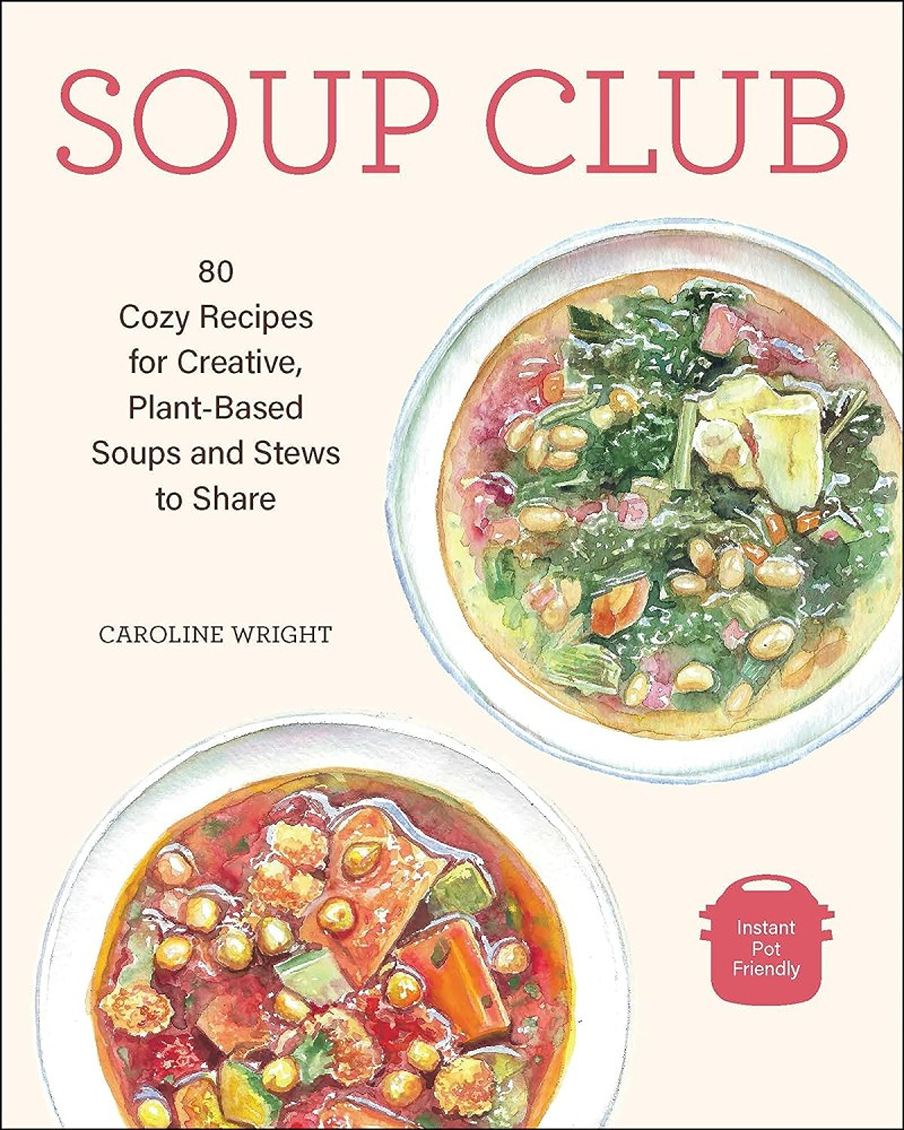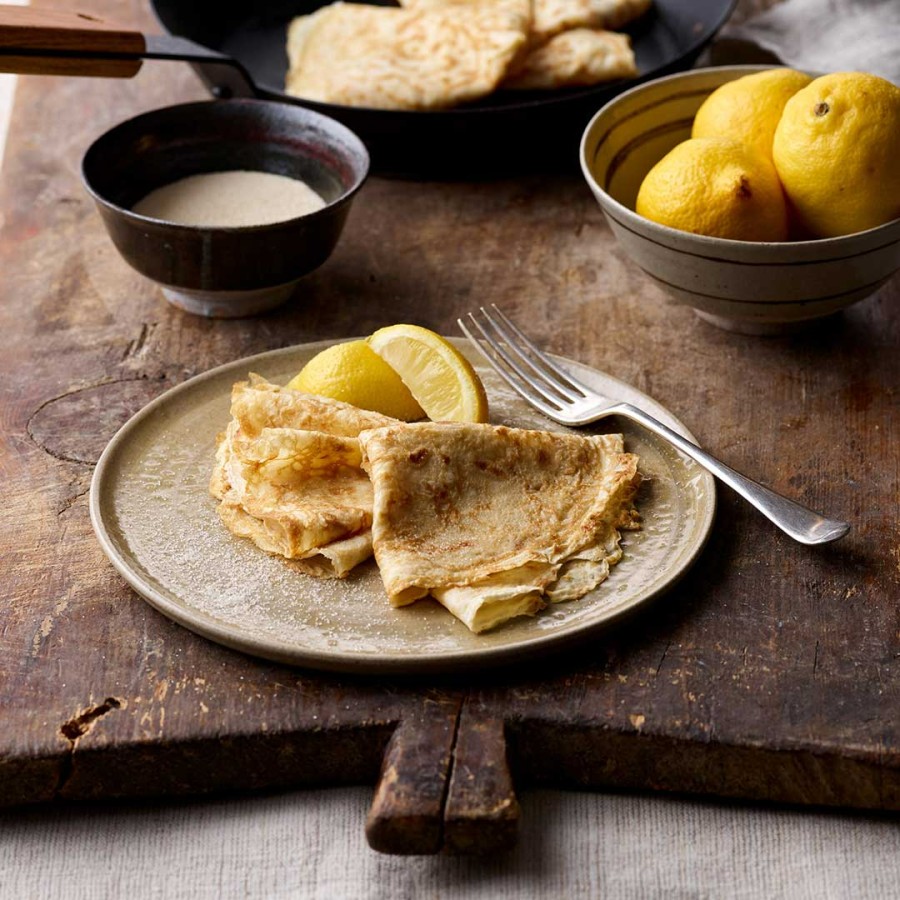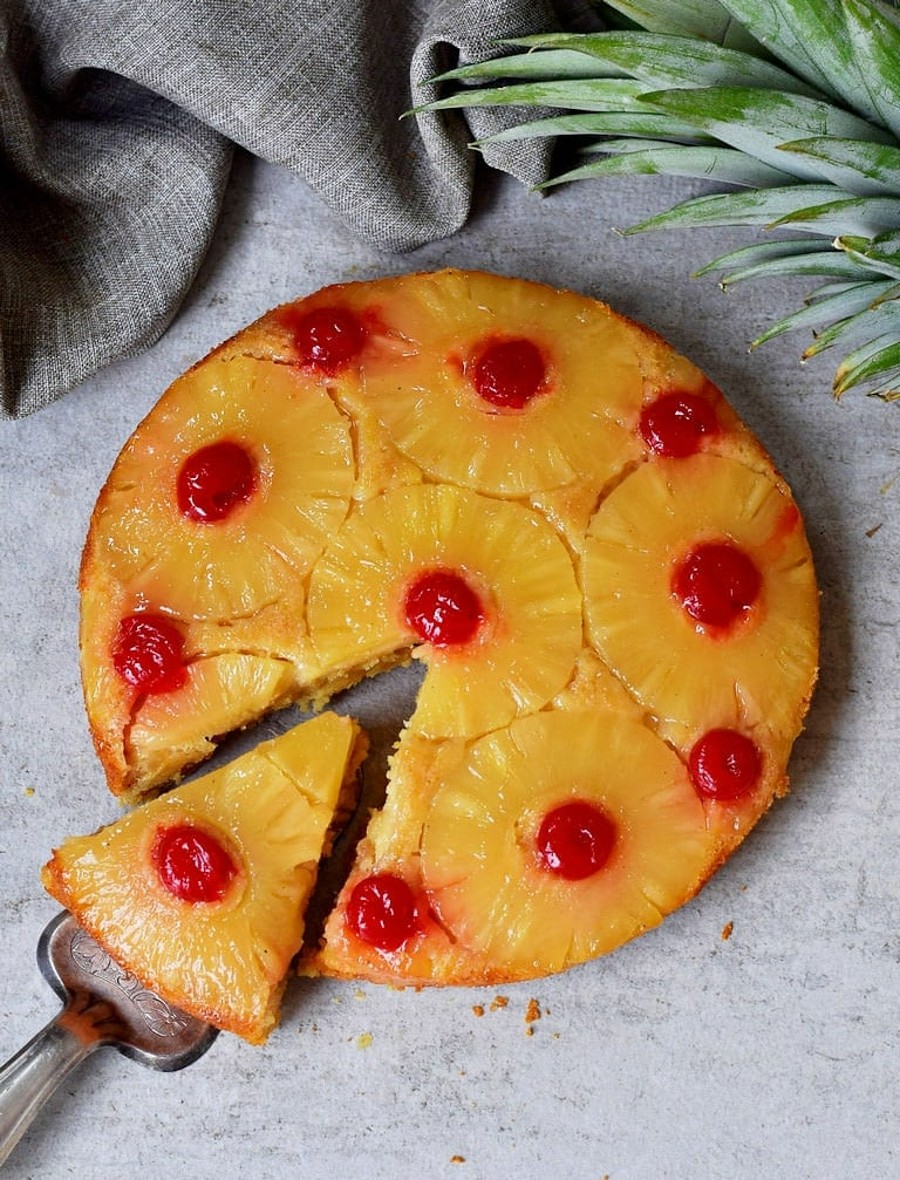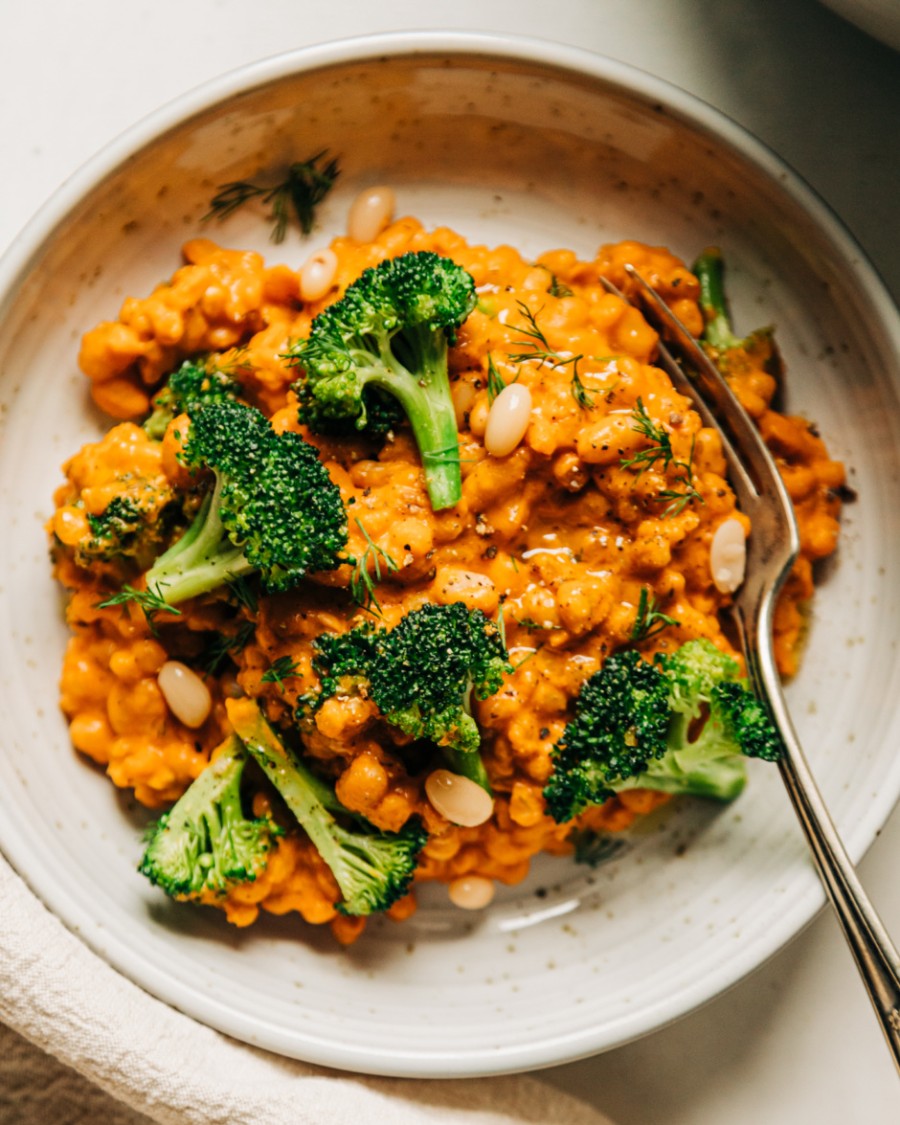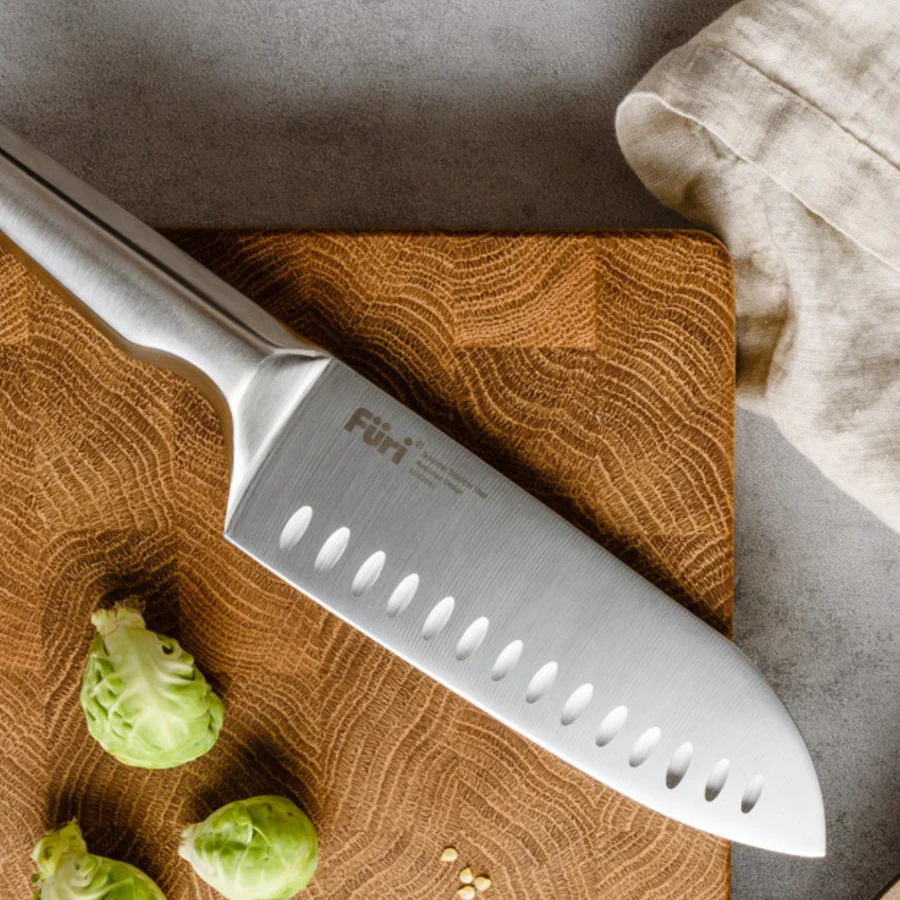
Food waste is a huge issue in the western world, with over 3 times the amount of food needed to feed the hungry, thrown in the trash, simply because it’s not eaten. In England, people throw away a third of all food (mostly fresh produce, salads and bread – often because loaves and big salad packs are way too much for the average one or two-person household buying them). If supermarkets really wanted to reduce food waste, it could offer servings in smaller sizes. Also read of Soupercubes (silicone cases to freeze leftover soup, bread etc).
Many foods are unsafe for certain medications, children and animal friends. Read more on keeping people & pets safe in the kitchen.
Bruges (or Brugge is you’re Flemish) is a beautiful and perfectly preserved medieval city in the country of Belgium, just across the water from Suffolk and Norfolk. As well as Brussels becoming the first city in northern Europe to attempt to go zero waste, Bruges itself is effectively tackling food waste, by working with all local people and shops.
It focuses also on the healthcare industry, after it was found to be wasting around 318 tons of food each year (just with hot meals) and after just 2 years, managed to reduce food waste by half in the main hospital, and this saved money, as well as carbon emissions (and of course food).
French people don’t waste food. In France, it’s ILLEGAL to throw out food! All edible food has to be donated if still in date, or you’ll be accosted by a gendarme with his baton! This law has been around since 2016, so why is our government taking so long to follow suit? It’s estimated that UK supermarkets throw away around 190 million meals a year, which could feed hungry people.
a freezer of love for hungry people
Freezers of Love is an innovative idea from Gloucestershire (England), run by an award-winning social enterprise. If it makes you miserable that vulnerable go hungry (while big supermarkets make a fortune), be inspired by this outfit that cooks up excess food (from shops and allotments) to serve free meals to local hungry people.
Founded by two friends who shared a mutual dismay of how society is ‘doing food badly’ and leaving people unwell and lonely (in a country where a third of all food grown and made is never eaten) they decided to do something to help. The meals are offered free or a pay-what-you-can donation, with money given used to invest in pay-what-you-want cafes and a Teenage Kitchen (one student has already found a job as a baker at a local farm cafe, proving this model is also creating stable full-time jobs).
how Jack Monroe is helping to reduce food waste
Food poverty campaigner Jack Monroe recently launched her own Vimes Index, saying that supermarkets had used inflation as a cover to raise the prices of everyday goods (like apples) but kept existing prices for luxury goods (like champagne). Jack was recently contacted by an elderly gentleman who had eaten a teaspoon of toothpaste for his dinner, to fool himself into thinking he had eaten something. Tesco responded by saying their own prices are affected by rising energy prices. But this is because big supermarkets use oil from lorries (bringing foods from central distribution houses miles away (that are heated by oil) and many foods are made from factory-farmed animals (powered by fossil fuels) and palm oil (lots of oil to fly them to England from Indonesia). That’s why trying to find local walkable shops that sell seasonal foods is a good idea.
The Vimes Boots Index is a warning shot to retailers who keep their £7.50 ready means and £6 bottles of wine at the same price for a decade, while quadrupling the price of basic stock cubes and broken irregular grains of white rice. This issue isn’t going anywhere, and neither am I. Jack Monroe

